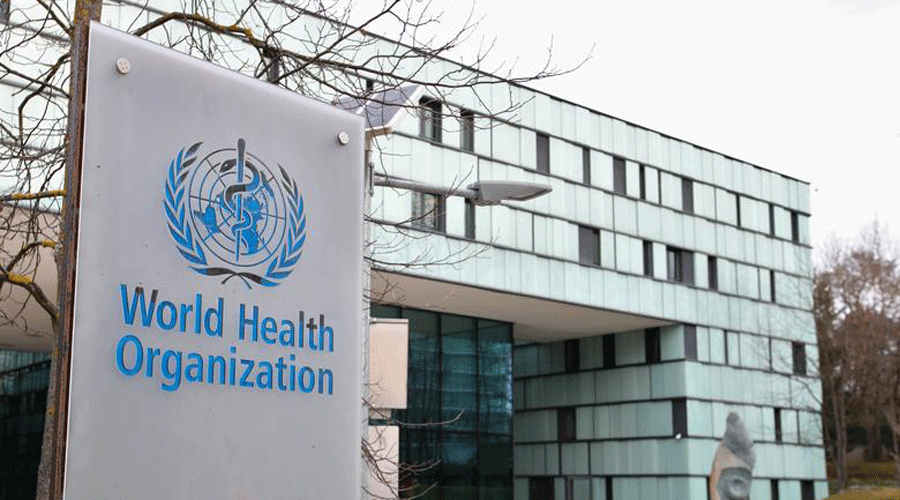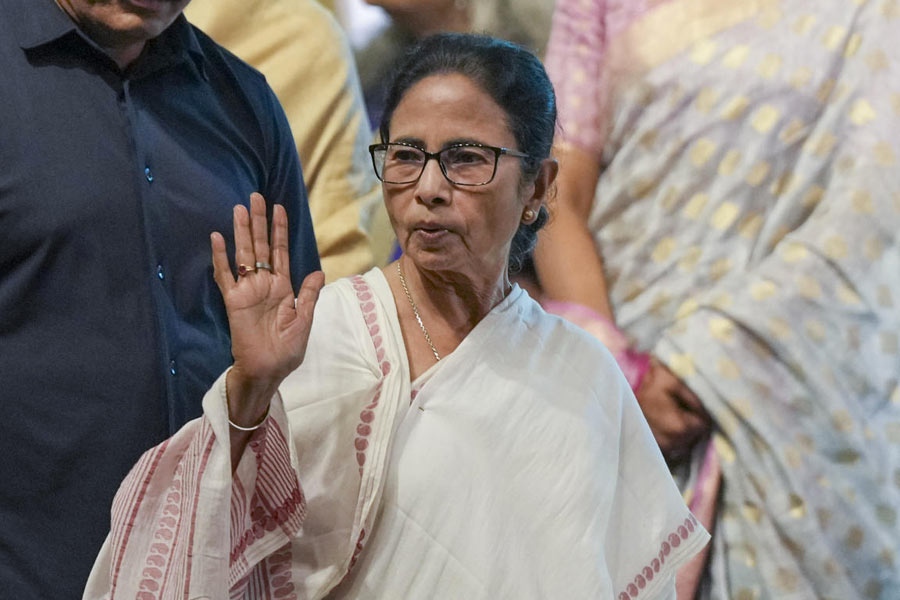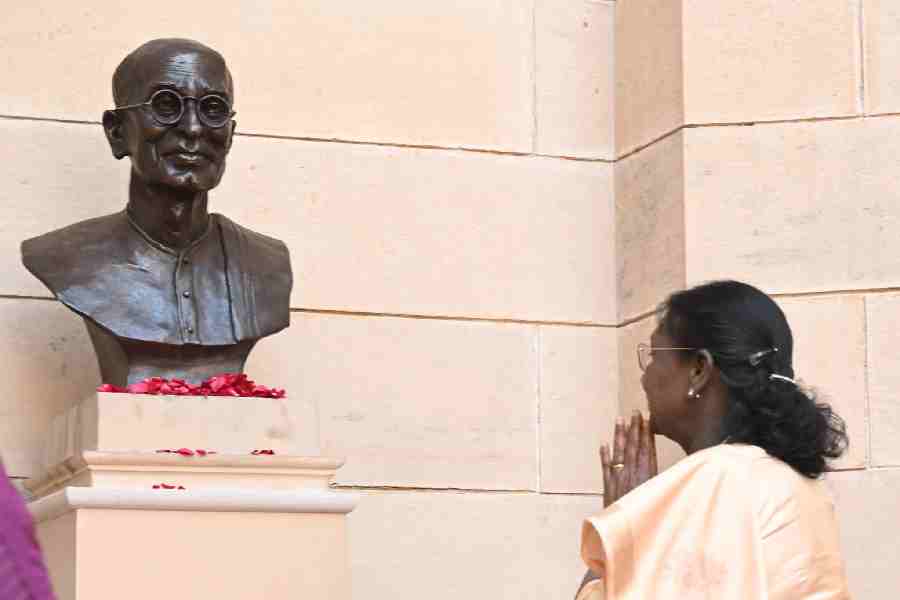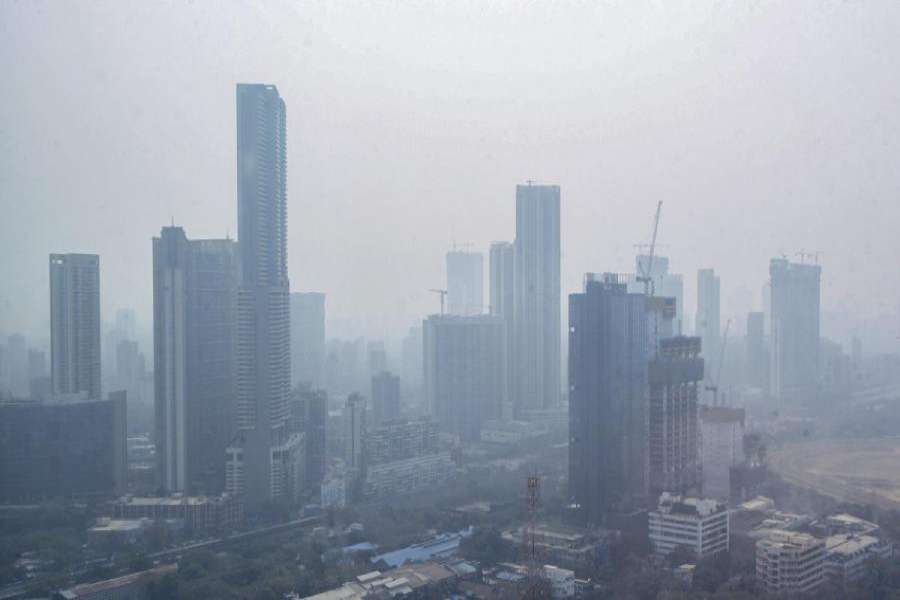Covid was just the beginning; it seems worse is yet to come. This warning note was struck by the billionaire philanthropist, Bill Gates, on his recent visit to India. Anticipating not just more such pandemics but also the growing threat of bioterrorism, Mr Gates underlined the need for a global mechanism for early detection of viruses. There can be no arguing with Mr Gates’s emphasis on a multilateral effort to get battle ready for a future of contaminations. But it must be mentioned that the kind of global cooperation that Mr Gates is advocating has its own hurdles: in 2021, Mr Gates himself had refused to share intellectual property rights on Covid-19 vaccines with developing countries, in what was widely seen as an act of protectionism. A study published in Forbes showed that such protectionism by countries where vaccines were being developed worsened the impact of Covid19 by creating incubation chambers for the virus to prolong its life and mutate in developing and underdeveloped countries that did not get access to vaccines until much later. It is, however, encouraging that 194 member nations of the World Health Organization have agreed to develop the first draft of a legally binding agreement designed to protect the world from future pandemics. The World Bank’s Pandemic Fund, another global effort, has just approved $300 million in finances to strengthen comprehensive disease surveillance, develop early warning and laboratory systems, as well as enhance human resources and public health workforce capacity, especially in underdeveloped and developing nations.
At present, the Global Early Warning and Response System, a formalised monitoring and reporting platform for outbreaks of disease established in 2006 by three United Nations bodies, has personnel working in the animal and human health sectors sharing real-time information on disease outbreaks. But this will be of little use unless outbreaks are reported on time — delay in reporting was the first mistake when it came to Covid-19. Moreover, for any global effort to work, countries need to shed their insular — nationalist — agenda. The fight against future pandemics, thus, could also breathe new life into multilateralism, which has been on the decline lately owing to divisions within international leadership and the resultant rise in autarchic polities. Pertinently, the Independent Commission on Multilateralism had issued a toolkit on the way forward — this includes strengthening WHO to check errant nations — to ensure that while diseases are inevitable, pandemics are not.










